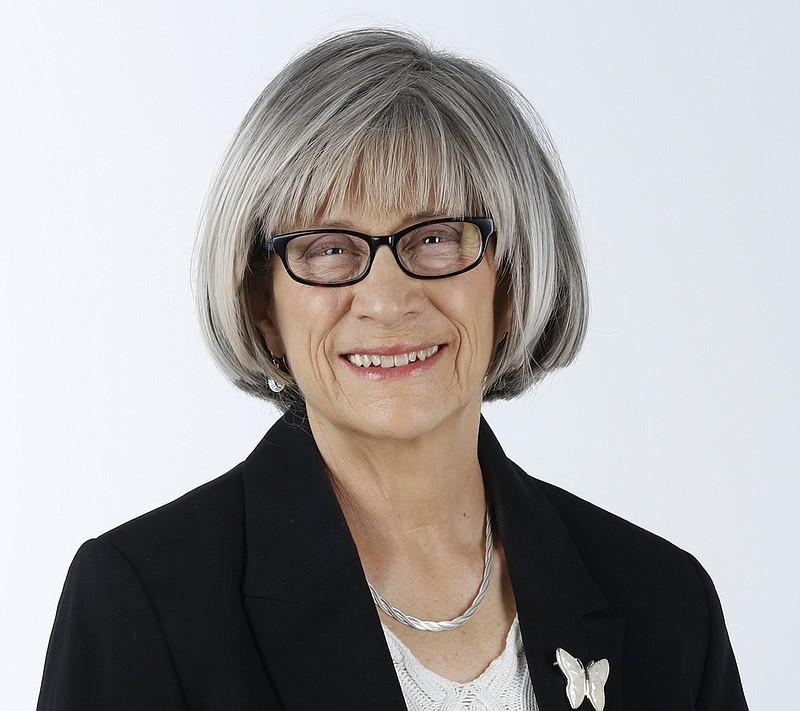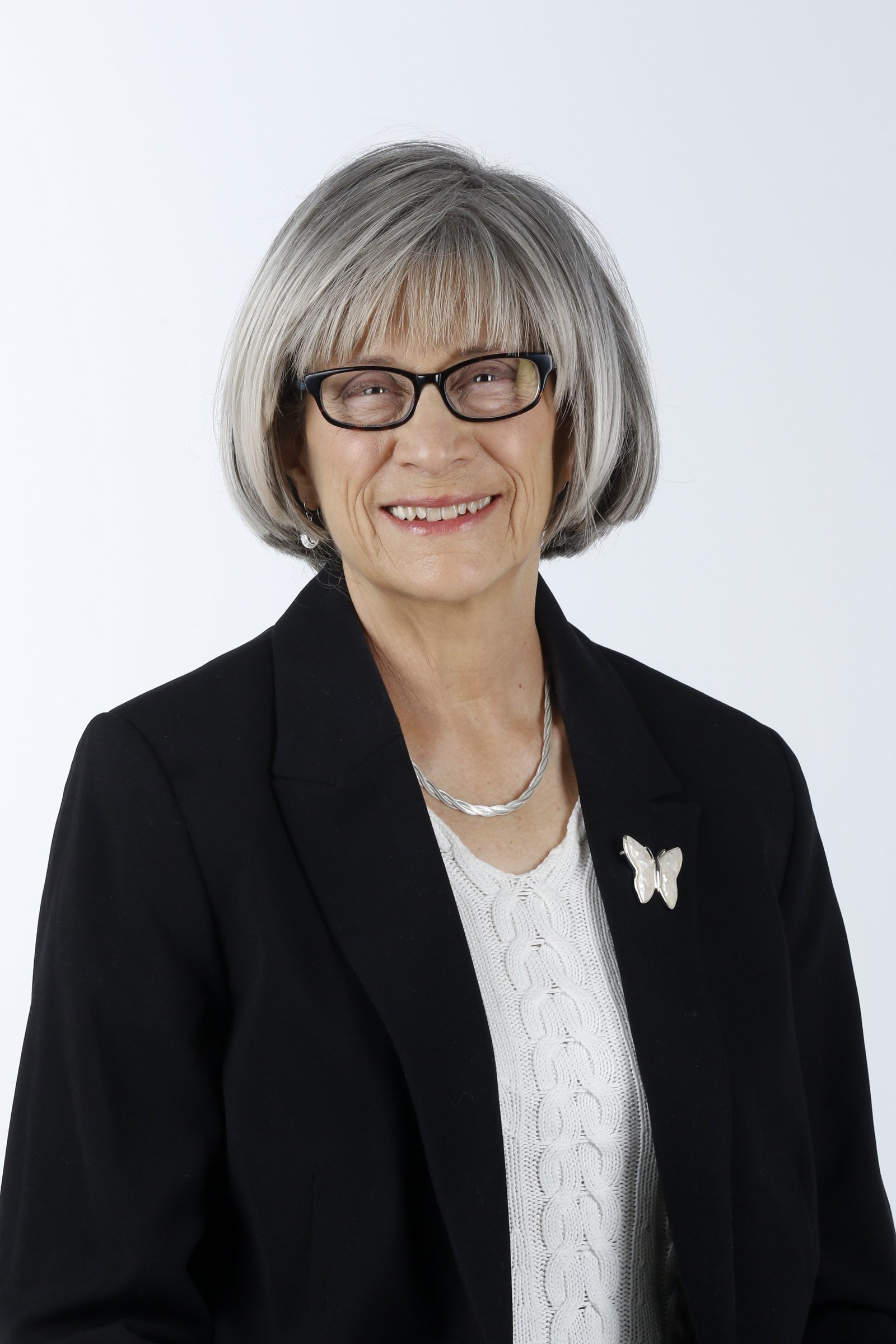The recent kerfuffle involving Chinese graduate students speaking in their native language during a break at Duke University underscores our growing hostility toward internationals. The head of a master's program urged the students to speak and practice English 100 percent. Even if it's just private conversations in Chinese, she worried that they'd be overheard and discriminated against for not speaking English. As the controversy exploded, she stepped down as program head while Duke reassured its international students that they were valued.
International students make up 14 percent of Duke's class of 2021 and are a substantial revenue source for the university, like many of our higher education institutions. It's not surprising that Duke respects those students' contributions to its ongoing existence. The university chose not to buy into the current fear and loathing of anything foreign that generates suspicion, dislike, and even violence. There is little to be gained in allowing the negative trends to overcome common sense and the common good.
Exposure to international travel and global cultures is recognized in higher education as a major component of future leadership. That visionary goal is embedded in programs such as the Center for Global Education at the University of Tennessee at Chattanooga and the Global Scholars Honors program at Chattanooga State Community College. The opportunity to study internationally builds a global mindset that's increasingly needed especially as engagement with internationalism and globalism is increasingly rejected.
That disengagement affects our ability to interact productively with other cultures on the planet. Our ability to communicate is diminishing yearly. It's no secret that most of our students don't speak another language as well as international students speak English. Just look at the numbers to see why. After the recession in 2007, foreign language degree programs were hit hard with colleges cutting 12 percent of them, double that of all other degree programs. The trend toward isolation and ignorance of languages should concern anyone who wants to maintain America's influence in the world.
Rather than harass and eject, let's listen and learn. Don't be silenced and shut out by the growing fear and loathing toward globalism. We can't afford to limit our ability to participate in shaping our future because we can't communicate with other cultures. Be a model for the next generation and indulge in curiosity about other cultures and languages. Encourage your kids to study a new language and peer into other cultures.
Knowing a foreign language is a vital step to participating in the global economy. Teach the next generation that the future is not some theoretical, abstract entity far away and out of sight. It's a local-global intersection, and the international students among us are a teaching moment waiting around the corner. We can acquire a global mindset even if we don't travel internationally. There are communities among us that speak both English and the language of their origins. For example, Chattanooga's Chinese Association offers Chinese language classes and serves as a valuable asset to our city as it expands its economic reach.
Speaking at Chattanooga's 2019 Chinese New Year celebration reminded me that the educational experience offered goes beyond and complements language teaching. The smell of the Chinese buffet alone was a cultural gift. The performances of Chinese music, dance, and traditional martial arts were unforgettable. The adorable youngsters and venerable university professors who performed demonstrated how cross-cultural education can be great fun. They made an ancient culture come alive and be more relevant today than ever.
Let's not be sidetracked by stereotypes and ignorance. Recognize that local-global connections as humanizing, educational and vital to our country's future. And enjoy!
Contact Deborah Levine, an author, trainer/coach and editor of the American Diversity Report, at deborah@diversityreport.com.

